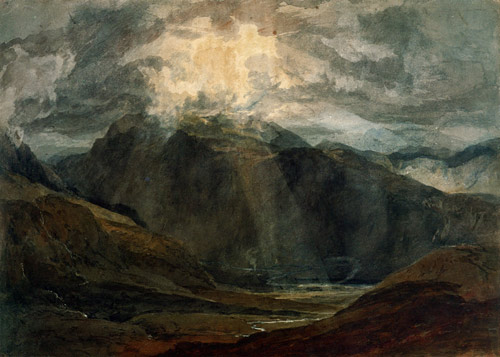 A new year. A new moment arrives fresh, flashes like a jewel, then is gone forever.
A new year. A new moment arrives fresh, flashes like a jewel, then is gone forever.
Modern English has only one word—time—for the concept of temporal space, but the ancient Greeks divided it into two concepts: chronos and kairos.
Chronos referred to chronological time as modern societies now see it, the constant flow of seconds into minutes into hours. But at certain points along this stream of chronological time there are rare occasions where exceptional circumstances come together like the hinges of a door. These intersections are the right place and the right time for very special events to occur. The Greeks viewed these kairos moments as occurring in Fate’s time, as great cosmic events that could be seized to benefit those who were prepared for them. To them, a kairos moment, given by the gods, changed one’s destiny.
This concept of kairos is at the heart of some of history’s greatest stories. When you begin to see history with a kairosperspective, you see how kairos moments were seized to raise nations, explore foreign lands, and discover new frontiers of science, literature, industry and art. Many individuals who experienced a kairos moment achieved lasting renown as great leaders, pioneers, thinkers or heroes. Many more simply used a kairos moment to make a quiet corner of the world a better place.
Studying these “hinge” moments raises enduring questions. Why do we consider certain people in history great? Great people are no less human than you or me. We all share the same number of hours in a day. What enabled these men and women to each seize their own kairos moment in time? Were they blessed with special skills, or were their actions simply met with incredible luck? Did they see their kairos moments for what they were when they happened, or only after the fact? Are some people simply destined for success and besheret, a Yiddish word meaning it is just a person’s fate to be at the right place at the right time? Or, less laissez faire, does it pay to be proactive, gaining success in the extraordinary kairos moment by good habits formed in the many small everyday moments? Is the ability to see the extraordinary in the ordinary the key to producing a positive, great, and memorable life?
Many kairos moments are so incredible they seem almost providential, and certainly seemed that way to the people experiencing them. So, an even more intangible question: do clues exist in the historical record of a supernatural God who freely shapes the course of human events?
On this blog I will explore all of these questions and many more as I take a fascinating look at history using the kairos perspective. How do you see time? I invite you to see it differently and join me on this journey.
